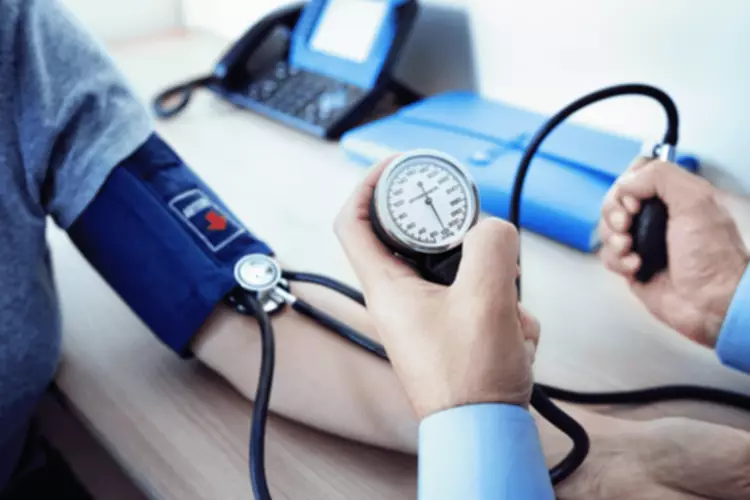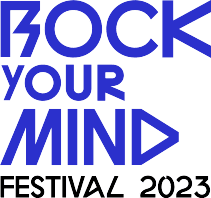This happens because chronic substance use floods the brain with dopamine, first teaching you to use more of the substance that produced such a pleasurable effect, then keeping your brain from producing enough dopamine on its own. You then have to continue to use the substance in order to feel happy or even normal. The more frequently a person uses substances or participates in an activity, the more likely they are to develop an addiction. While most people do not develop a SUD after using substances, it might be the first step toward this outcome. Some scientific literature describes addiction as the compulsion to use substances or participate in addictive behaviors, such as gambling, eating, and working, even when doing so causes harm.
What is the difference between drug tolerance and drug intolerance?
However, the vast majority of addicts require outside help from counselors, physicians and drug and alcohol rehabs. At its core, addiction is driven by the powerful reward system in the brain. When a person engages in activities that are pleasurable or rewarding, the brain releases neurotransmitters, particularly dopamine, which creates a sense of pleasure and reinforces the behavior. However, in the case of addiction, the brain becomes rewired, leading to an overwhelming desire to seek out and repeat the behavior, even at the expense of one’s well-being and relationships. Addiction is the intense urge to engage in certain actions or behaviors, even harmful ones.
6 Expert-Backed Strategies To Stop Picking Your Lips mindbodygreen – mindbodygreen
6 Expert-Backed Strategies To Stop Picking Your Lips mindbodygreen.
Posted: Mon, 10 Jan 2022 08:00:00 GMT [source]
What Are the 5 Stages in the Addiction Cycle?
This chemical dependence leads to tolerance and withdrawal symptoms, two of the hallmarks of substance abuse addiction that most often require a professionally monitored alcohol and drug detox. At this stage, the individual’s life becomes https://ecosoberhouse.com/ increasingly focused on obtaining and using the substance. They may experience intense cravings, spend a significant amount of time and resources acquiring the substance, and neglect important responsibilities and relationships.
Other Treatment Options for Addiction
In addition to support systems, there are numerous resources available to individuals seeking help and recovery. These resources may include helplines, online forums, educational materials, and community organizations focused on addiction recovery. Understanding the stages of addiction is important to help you understand how substance use can evolve into something that harms your relationships, sense of self, and overall health.

Identifying the stages of addiction can help you break the cycle of drug use and find the best treatment for your unique situation. A person desires to return to the intoxication stage of addiction to feel pleasure again and find relief from withdrawal symptoms. Relapse means the return to drug or alcohol use after a period of abstinence or sobriety.
- Ongoing recovery from active drug addiction refers to the process and commitment to maintaining a healthy, substance-free lifestyle after overcoming your addiction.
- Cues in a person’s daily routine or environment that have become linked with substance use can trigger uncontrollable cravings whenever the person is exposed to these cues, even if the substance itself is not available.
- It encompasses the period following initial treatment and sobriety efforts and extends throughout your life.
- For example, when it comes to illicit drugs used to feel a ‘high,’ even one use is considered abuse.
It can no longer produce the same mental or physical effects and, as a result, the individual further increases the dosage and the frequency of use to bring about the feelings that they are seeking out. It is at this point of the addiction cycle that the brain has made a physiological change, usually involving a decrease in brain chemical production choose the correct cycle of addiction. or a loss of brain chemical receptors. Over time, this physiological change leads to the next phase – dependence and addiction. For someone who is in the cycle of addiction, the next phase after the initial use of the substance is abusing the substance. Some people can drink or do drugs and never leave the initial use phase of the addiction cycle.

Psychological Addiction VS Physical Addiction
Dr. Hoffman is the Co-Founder and Chief Medical Officer of AddictionHelp.com and ensures the website’s medical content and messaging quality. American Addiction Centers (AAC) is committed to delivering original, truthful, accurate, unbiased, and medically current information. If you believe you or someone you love may be struggling with addiction, let us hear your story and help you determine a path to treatment.

Sex differences in reaction to addictive substances are not particular to humans. The one exception is that female rats show less withdrawal symptoms related to alcohol use.74 Researchers are investigating the neurobiological bases for these differences. These executive function deficits parallel changes in the prefrontal cortex and suggest decreased activity in the Stop system and greater reactivity of the Go system in response to substance-related stimuli. The positively reinforcing effects of substances tend to diminish with repeated use.
- The experimentation stage begins when you start to use drugs or alcohol in specific situations, like teens in party atmospheres or adults in times of particular stress.
- Seeking professional help and wanting to change are crucial in overcoming addiction.
- At the stage of physical dependence, drug addicts require medical care to detox from the substance, which should take place in an inpatient rehab center.
- SUDs affect the memory, motivation, learning, movement, emotion, judgment, and reward-related circuitry in the brain.
The Stages Of Addiction
- A person who has only occasionally had a casual drink may, over years, develop a habit that can turn to alcoholism.
- Likewise, if drinking or using drugs with others provides relief from social isolation, substance use behavior could be negatively reinforced.
- One of the first psychological stage models of human development came from Sigmund Freud where he outlined his famous stages of human personality development (e.g., oral stage, anal stage, etc.).
- Medication-Assisted Treatment – The use of medications, in combination with counseling and therapy, to manage withdrawal symptoms and cravings.
Networks of neurons send signals back and forth to each other and among different parts of the brain, the spinal cord, and nerves in the rest of the body. Behavior therapy is a type of psychotherapy provided by a psychologist, psychiatrist, or alcohol and drug counselor. We offer relapse prevention techniques and resources to help you better understand why you relapsed in addition to helping you prevent another relapse in the future. Instead, look for ways that you can get the help that you need to get back on the right track. While yes, relapsing means failing to stay sober, it is important to remember that relapse is a part of the overall addiction process.

